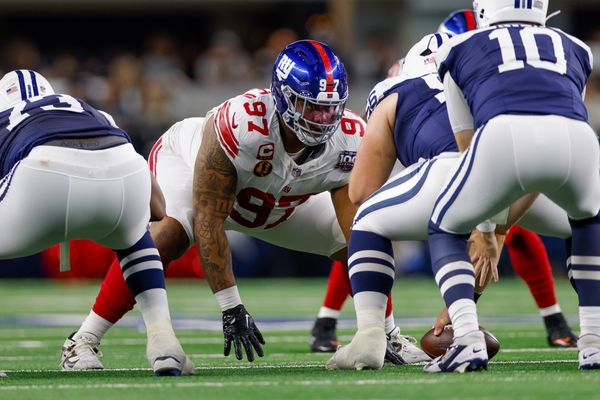Traditional banks are not exactly known to embrace innovation — from the difficulties behind regulating cryptocurrency to the voids being filled by fintech startups, the big players are far more likely to take a conservative approach to money and hold off on new technology long after it has entered public discourse.
Banks still require signatures when schools (at least some of them) no longer teach cursive writing. It's an industry stuck in the past that often appears unwilling or unable to give up those ways in favor of something more modern.
It then comes as even more of a surprise that an investment bank like HSBC (HSBC), which oversees over $3 trillion in assets, just bought a plot of virtual land in the metaverse.
What Is Virtual Real Estate And Why Is HSBC Buying It?
Widely considered the next iteration of the internet, the metaverse is a combination of augmented reality, virtual reality and video in which one moves through an avatar. While the concept can sound abstract, certain combinations of code are divided into "plots" in the metaverse and are currently being snapped up fast by both individuals and corporations.
Essentially NFTs on the blockchain, these virtual plots of land can be used for everything from hosting meetings to promoting a brand.
At the moment, The Sandbox, Decentraland, Cryptovoxels and Somnium are some of the most common platform selling virtual real estate. According to data from MetaMetric Solutions, investors spent over $501 million on these plots in 2021.
As demand for virtual real estate ramps up, HSBC became the second bank in the world to enter the metaverse by buying a plot of land on The Sandbox for an unnamed sum. JP Morgan had bought space on Decentraland in February.
Can Virtual Real Estate Yield Real Money?
As the company announced in a press release, HSBC plans to use its Sandbox space for everything from building a digital footprint to sports, e-sports, and gaming by "creat[ing innovative brand experiences for new and existing customers."
That's a sentence, but it's not really saying much. The company added a little more:
"The metaverse is how people will experience Web3, the next generation of the Internet — using immersive technologies like augmented reality, virtual reality and extended reality," Suresh Balaji, HSBC's chief marketing officer for Asia-Pacific, said in a statement.
While the metaverse is still most commonly associated with gaming, it also represents a major revenue-generating opportunity as companies that are on there have an early start on marketing to these clients. Gucci, Adidas ADDDF, PwC, Chipotle CMG and rapper Snoop Dogg are among those who recently snapped up virtual land.
"We believe this is the beginning of a broader adoption of Web3 and the metaverse by institutions driving brand experiences and engagement within this new ecosystem," Sebastien Borget, COO and co-founder of The Sandbox, said in a statement.







